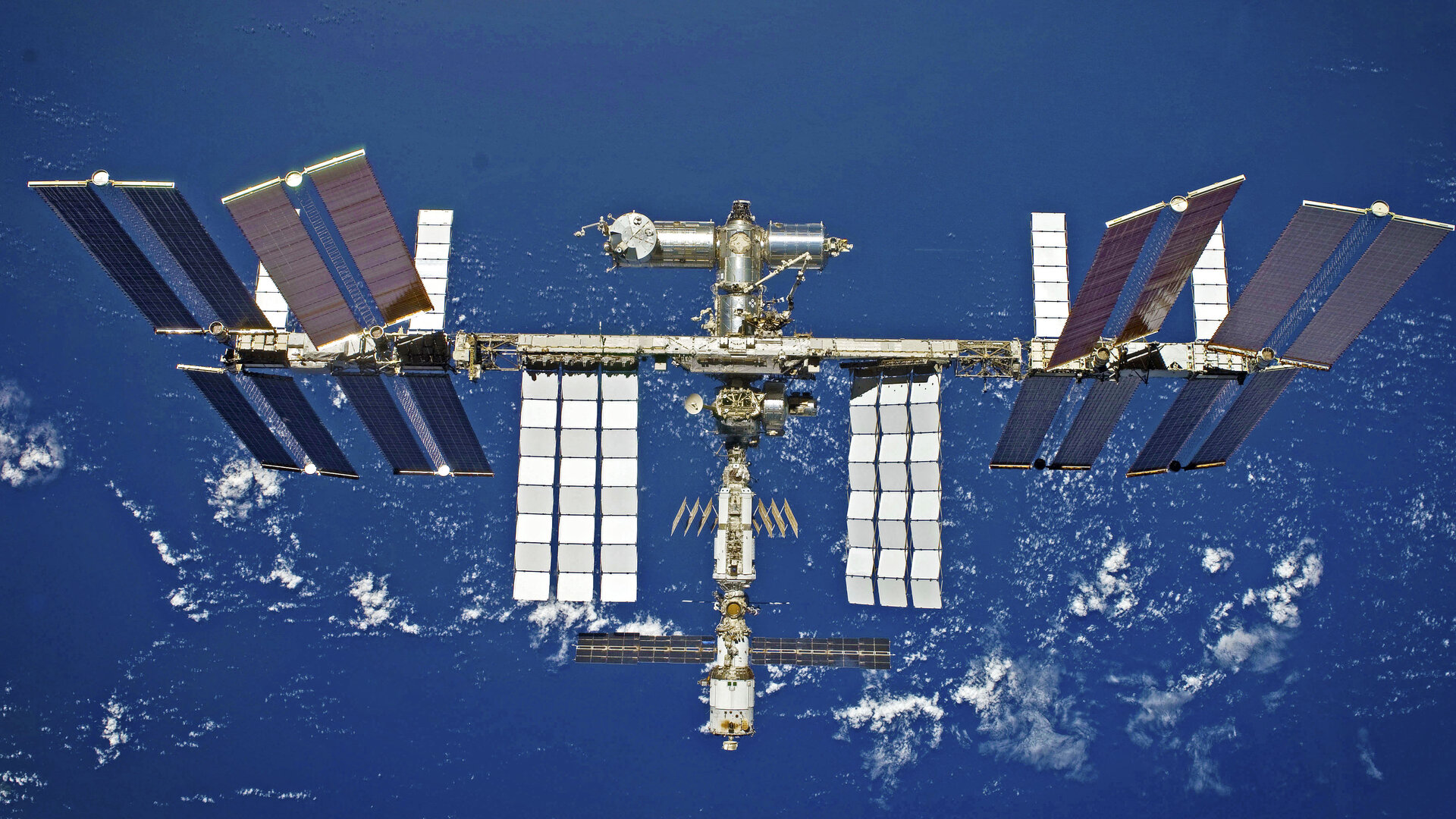With the help of its longtime ally Moscow, India could soon send its astronauts to space aboard a Russian Soyuz spacecraft, solidifying their close cooperation in the space industry.
Sergei Krikalev, executive director of Roscosmos Human Space Flight Programs, told Sputnik News that India has been talking with Russia to transport their astronauts on Russia’s Soyuz. However, it is too early to discuss any progress in ongoing negotiations.
Separately, India had declared its intention to send humans to space under the Gaganyaan mission. New Delhi has achieved several space milestones with Russia’s assistance, and the strong collaboration is set to continue with India’s upcoming manned orbital mission.
India’s leading space agency, ISRO, stated in 2020 that the four Indian astronauts selected for the renowned Gaganyaan manned space mission would be sent to Moscow for an 11-month intensive training program.
The four astronauts for the mission finished their training in Russia in March 2021. New Delhi is planning to send its astronauts to space in 2023. ISRO and ROSCOSMOS have identified crucial areas for collaboration on this mission.

Paul Szymanski, a space warfare expert who has worked closely with multiple services (Air Force, Army, Navy, Marines) and civilian organizations (NASA, DARPA, FEMA), told the EurAsian Times that “India’s non-alignment lets them play both sides of the world political landscape. It might also be cheaper to use Russian vs. other transportation.”
“This puts India more into Russian influence and technology sharing,” he added.
Meanwhile, Krikalev also disclosed that there had been discussions with Saudi Arabia, Mongolia, Indonesia, and other countries. “There is interest in participating in flights. The negotiations are ongoing with many countries,” he added.
Krikalev shared that they were very pleasantly surprised at the time by the activity of the United Arab Emirates.
In other words, it is still just a conversation at an early stage. Szymanski pointed out that “the US cannot launch astronauts since the Shuttle program’s end. They only use commercial launch systems that may be restricted to other countries. Many countries are turning away from the West and now looking East.”
In July, NASA and Russia’s space agency Roscosmos inked a long-awaited agreement to integrate trips to the International Space Station. The arrangement lets Russian cosmonauts fly on American-made spacecraft in exchange for their astronauts flying on Russia’s Soyuz spacecraft.
Following the agreement, the Soyuz-2.1a rocket and Soyuz MS-22 spacecraft were launched from Baikonur to the International Space Station (ISS) on September 21 with a crew that included NASA astronaut Francisco Rubio and Russian cosmonauts Sergei Prokopyev and Dmitry Petelin.
Ann Kikina, the sole female cosmonaut at Roscosmos, is traveling to the ISS on board the Crew-5 crew’s SpaceX Crew Dragon spacecraft, dubbed Endurance.
After the shuttle was retired in 2011, the United States relied on Russia’s Soyuz spacecraft to transport American astronauts to the space station. However, in 2020, SpaceX’s Crew Dragon capsule restored NASA’s human spaceflight capabilities and started regular ISS missions from Florida.
Russia’s Cooperation With The USA
Krikalev informed Sputnik that he spoke with NASA Administrator Bill Nelson during his current visit to the United States. During their conversation, the two discussed the need for long-term technological cooperation and future directions for their partnership.
During their discussion, they recounted how the Soyuz-Apollo program started at the height of the Cold War. On October 5, Krikalev was present for the SpaceX Crew-5 mission spacecraft launch, which carried four people: two NASA astronauts, a Japanese astronaut, and a Russian cosmonaut.
The Florida-based Kennedy Space Center of NASA successfully launched the vehicle. Krikalev also disclosed that American astronauts are presently receiving training in Star City, Russia, while Russian cosmonauts are doing so in Houston.
Furthermore, Russia’s space agency is internally discussing extending its participation in the International Space Station beyond 2024. The country stated this summer that it would exit the station program by the middle of the decade.

According to Krikalev, the Russian space agency is in talks with its government to extend its “participation in [the] ISS program with our government and hope to have permission to continue next year.”
The U-turn comes only months after Roscosmos chief Yuri Borisov declared Russia’s intention to depart the station after 2024 and build its orbiting station. The International Space Station (ISS) is run in collaboration with the space agencies of the United States, Russia, Canada, Japan, and Europe. America has agreed to keep the station operational until 2030.
Krikalev, on the other hand, stated that a new Russian station might not be ready by 2025. He also said that making the Russian and American lunar transportation systems compatible is urgent since doing so will enable them to use one another’s resources in emergencies.
For many years, Washington and Moscow collaborated on the International Space Station (ISS), but since Russia invaded Ukraine in February, tensions between the two countries have risen.
- Contact the author at ashishmichel@gmail.com
- Follow EurAsian Times on Google News




